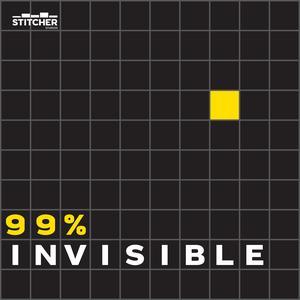
In this episode of the “Freakonomics” podcast, titled “Make Me a Match (Ep. 209 Update),” the focus is on the modernization of the US organ donation system. The federal government aims to speed up the process of matching organ transplant patients with donated organs and reduce racial inequities in the system. The podcast explores the work of Al Roth, a Nobel Prize-winning economist, and his contributions to market design and kidney exchange programs. Through interviews and real-life stories, the episode sheds light on the challenges and successes of organ donation and the impact of Al Roth’s algorithm in saving lives.
The federal government aims to modernize the US organ donation system to enhance efficiency and reduce racial inequities. Al Roth, a Nobel Prize-winning economist, has been instrumental in market design and matching organ transplant patients with donated organs. Market design involves creating secure systems for matching participants, such as in job markets, college admissions, and organ donation.
Al Roth and Lloyd Shapley won the Nobel Prize in Economics in 2012 for their work in market design. Roth’s approach differs from typical Nobel Prize winners, as he focuses on helping people find kidney donors, jobs, and high schools. He sees himself as an engineer rather than an economist.
The National Resident Matching Program was established in 1952 to assist newly minted doctors in finding suitable hospitals for employment. Al Roth’s algorithm significantly improved the program by addressing issues like couples wanting to be matched in the same hospital. The algorithm now successfully matches thousands of applicants each year.
Kidney exchange programs enable incompatible patient-donor pairs to find matches and receive transplants. Al Roth’s algorithm revolutionized kidney exchange programs, leading to thousands of successful transplants. Matching potential kidney donors is challenging due to factors like blood types and antibodies.
Altruistic kidney donors, who donate a kidney without a specific recipient in mind, play a vital role in starting kidney chains. These chains involve a sequence of transplants that can impact multiple individuals. The algorithm created by Al Roth maximizes the length of the chain when an altruistic donor initiates it.
The “Make Me a Match” episode of the “Freakonomics” podcast highlights the efforts to modernize the US organ donation system and the role of Al Roth in revolutionizing market design and kidney exchange programs. Through his algorithm, Roth has significantly increased the number of successful kidney transplants and provided hope for those in need. The episode emphasizes the importance of altruistic donors and the potential for chain reactions in saving lives through organ donation.